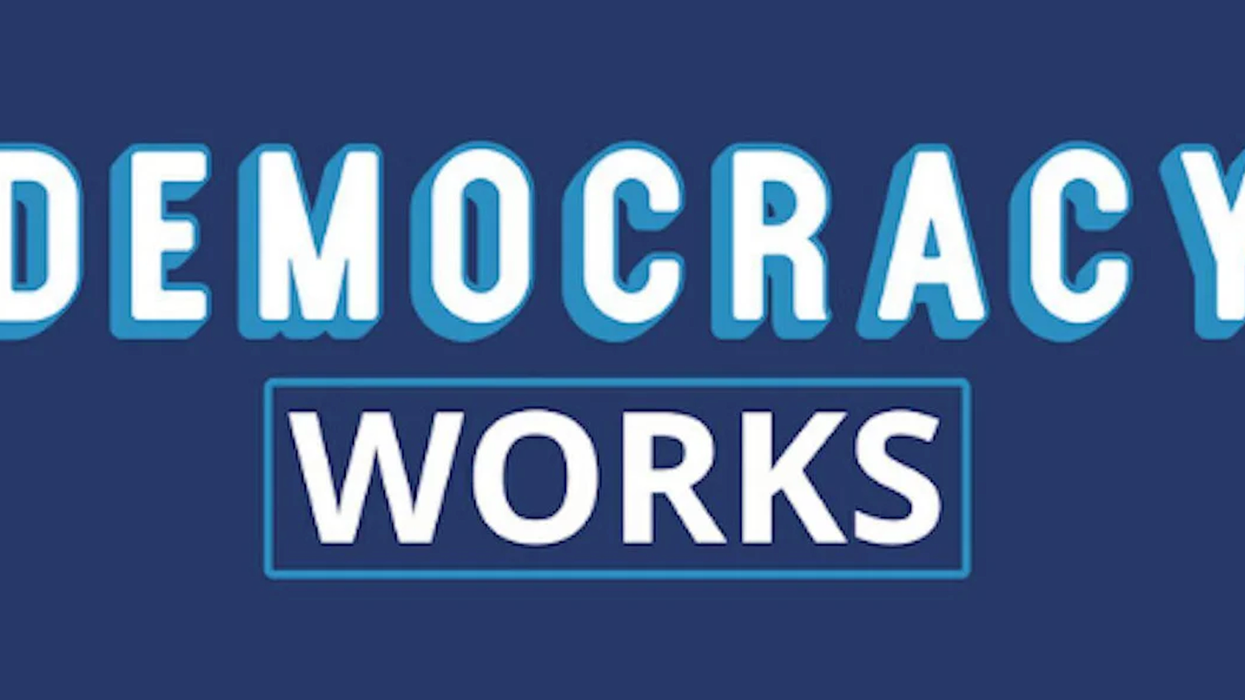Juries have been at the center of some of the most emotionally charged moments of political life, especially in high profile cases like the trial of Derek Chauvin for George Floyd's murder in 2021. This episode explores juries as a democratic institution, while guest Sonali Chakravarti argues that juries provide an important site for democratic action by citizens and that their use should be revived. She says juries could be a forward-looking institution that nurtures the best democratic instincts of citizens like examining their own perceptions and biases and engaging in dialogue and deliberation.
Podcast: Harnessing the power of juries




















Trump & Hegseth gave Mark Kelly a huge 2028 gift